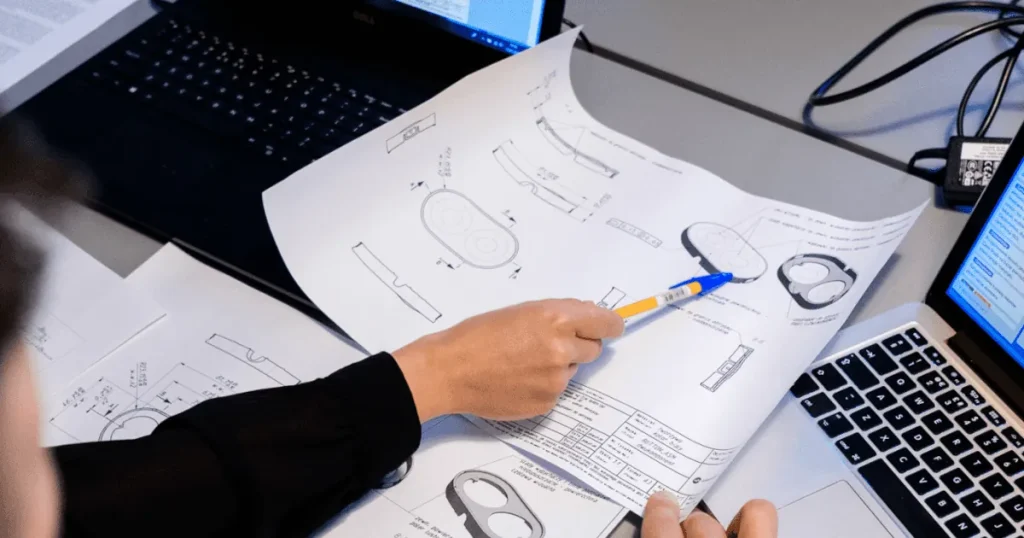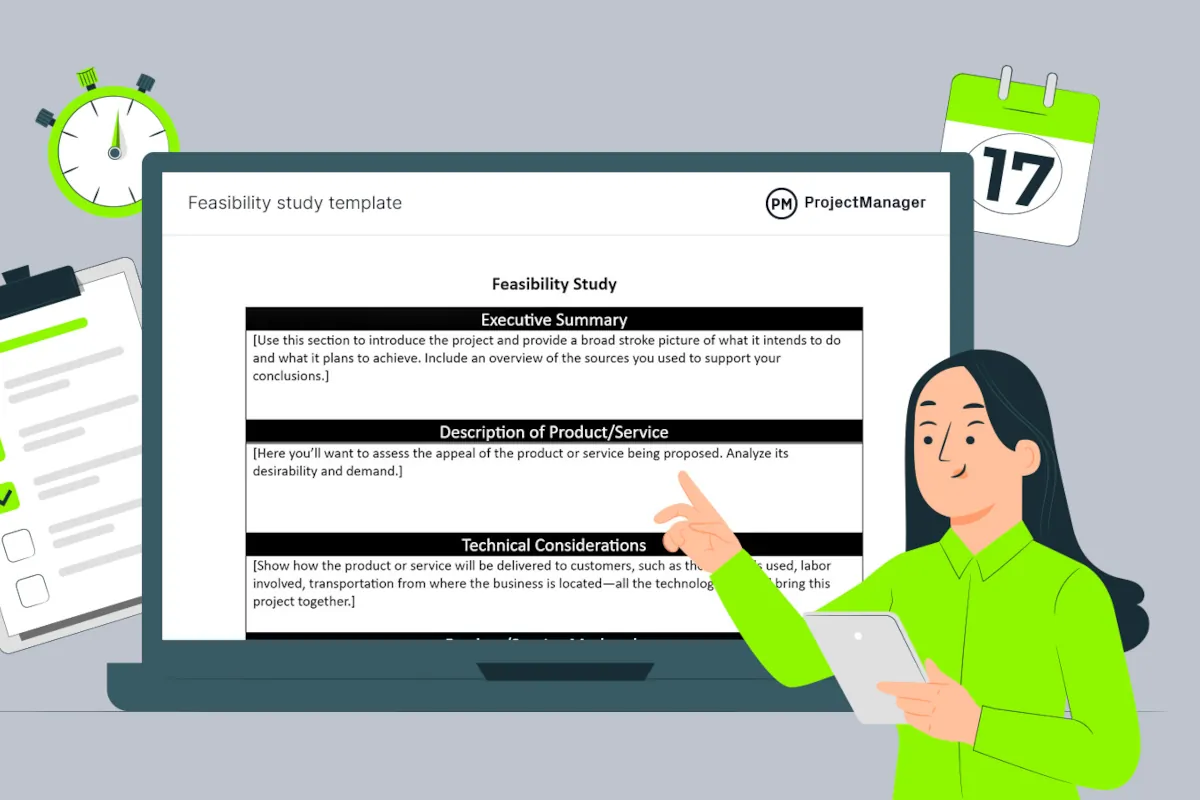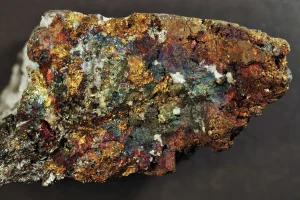It can be very exciting to pursue a big project that is likely to bring a lot of profit to our corporation. But on the other hand, the fear of failure of a project of this magnitude can be very serious. It is in this situation that the Feasibility study can be very useful. In this article, we intend to define the Feasibility test and evaluate how it works on various projects.
?What is the feasibility study
The feasibility study which is sometimes referred to as the feasibility analysis, is a plan that wants to answer the question of whether the project plan will be successful or not. Lastly, the feasibility study will evaluate to what extent the project is reasonable and in the interest of the corporation.

:The feasibility study answers these two questions
Does the project team have the tools and ability to complete the project?
Considering the cost and time required for the project, is it profitable to do it?
feasibility study is very important in the case of expensive projects that require a large part of the capital of the company. Also, the projects that determine the position of the company in the market should also start with a reliable feasibility study. Maybe the management of the corporation does not need to carry out the feasibility study by itself, but being aware of its twists and turns can be very helpful for the management. With the knowledge of various angles, the manager can have a more suitable feasibility study to advance his project.

?When should the feasibility study be done
The feasibility study should be done when the initial plan has been presented but the project itself has not yet started. Preliminary studies are part of the project plan. A feasibility study can help with the following:
When the completion of the project and its profitability are certain
A similar and successful project has been done in the past
Competitors have achieved success by doing a similar project
The project under consideration is small and faces little or no risk
The responsible team has done a feasibility study for a similar project within the last three years

In the following cases, there is probably no need for a feasibility study
When the completion of the project and its profitability are certain
A similar and successful project has been done in the past
Competitors have achieved success by doing a similar project
The project under consideration is small and faces little or no risk
The responsible team has done a feasibility study for a similar project within the last three years
Four main elements of the feasibility study
Depending on the type of project, the feasibility study includes one or more types of evaluation. After the required evaluations and the positive results of all of them, it can be concluded with certainty that the project will bring good benefits in addition to its feasibility. For this reason, the manager can start the project with ease.
Technical evaluation: The technical evaluation of the project is a stage that checks the feasibility of the project from a technical point of view. This assessment determines whether the project team has the required tools. Do the team members have enough knowledge and skills? And is it technically feasible for the team to do the project? For example, if the project needs to produce 50,000 items per month, but the factory has the ability to produce 30,000 items per month, it can be concluded that the project is technically not feasible.
Financial evaluation: Financial evaluation also examines the cost/benefit category. In this section, we check whether it is possible to make a profit if the project is carried out and its costs are accepted. Of course, profitability is not always financial, sometimes the goal of doing a project is to achieve a target other than financial benefits, which should be included in the feasibility study.
Market evaluation: In this section, the target market is evaluated. Is the market ready for the project and can it be welcomed? In the financial evaluation, the competitors’ performance and their products are also checked to determine the possibility of selling the product of the company.
Operational evaluation: Operational evaluation checks that the team has the ability to complete the project. This includes manpower, technical capability, legal and budgetary considerations. After the completion of the operational review, it is decided whether the team has the ability to complete the project.

Last word
In today’s busy world where life moves much faster than in the past, sometimes doing various projects seems very difficult and scary. For this reason, making big decisions is sometimes so difficult for managers that it can prevent them from taking any action. The implementation of a good feasibility study and a correct and scientific review can largely prevent the confusion of managers and ultimately the loss of profit. feasibility study can be very helpful in this direction. However, it is necessary to make sure that the feasibility study suitable for the project is chosen and that the necessary care is taken in its implementation.









